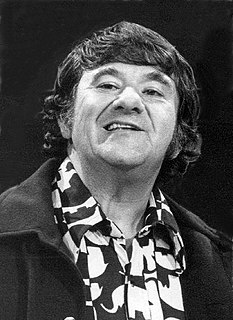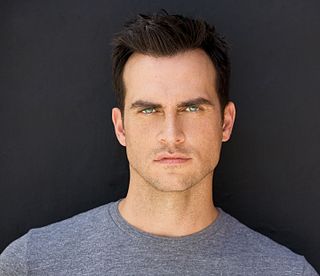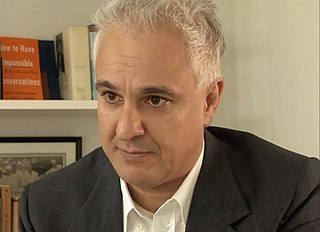A Quote by Nick Clegg
If you scratch below the surface and ask what really makes me tick, it's the liberalism of trying to promote freedom and opportunity. Promoting social mobility is one of the keys to that.
Related Quotes
I played a lot of keyboards, but I really wanted to produce the sound that was in my head that I was trying to emulate on the keys. I wanted to do it for real. And it makes me look at the keys in a different way. So it's like I'm looking at the guitar and bass more like meat and potatoes and keys like coloring over top of it, you know.
It is worthwhile to engage in something that is close to one's heart. I had a scholarship. So if I donate money to give brilliant Chinese students an opportunity to study abroad, then this embodies everything I believe in: education, globalization, social mobility. I am an example of social mobility.
You have to get inside the people you are writing about. You have to go below the surface. And that's to a very large degree what all writers are doing - they're trying to get below the surface. Whether it's in fiction or poetry or writing history and biography. Some people make that possible because they write wonderful letters and diaries. And you have to sort of go where the material is.
You want to know what makes me tick, I'll tell you what makes me tick. I was a boy growing up in Brooklyn; I read a two-penny magazine called 'The Hawk's Nest.' Nobody entered that nest that didn't leave a little richer and a little wiser. And that 11-year-old boy said, 'Isn't that a wonderful thing.' And that's all there is to it.
My photographs don't go below the surface. They don't go below anything. They're readings of the surface. I have great faith in surfaces. A good one is full of clues. But whenever I become absorbed in the beauty of a face, in the excellence of a single feature, I feel I've lost what's really there been seduced by someone else's standard of beauty or by the sitter's own idea of the best in him. That's not usually the best. So each sitting becomes a contest.
I'm not in the business to promote myself. I'll happily promote the show that I worked so hard on - that's fine. But I feel like there's a shamelessness about promoting yourself now that I'm really uncomfortable with. People will say, "Look at me being so peaceful on this hike," but you're absolutely not being peaceful, you're focused on looking good because you're getting your picture taken.
Liberalism is a creation of the seventeenth century, fathered by British philosopher John Locke (1632-1704). For Locke, liberalism means limited government, the rule of law, due process, liberty, freedom of religion, freedom of speech, freedom of the press, freedom of assembly, separation of church and state, and separation of government powers into branches that oversee each other's authority.

































